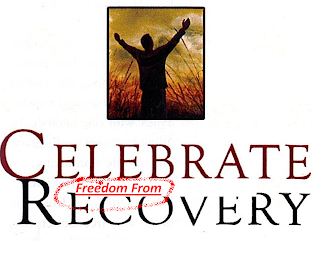I have written before about the concept of autism recovery. Deborah Fein made headlines some time ago by stating a certain percentage of children with autism will indeed recover, and many autism therapies claim recovery with their methods. This percentage sits somewhere (in her estimation) between 10-20% of all cases.
When Alanna was first diagnosed and I learned recovery was even possible, it was my goal for her. We had been very fortunate - we had an early diagnosis and possessed the resources to get intervention very early. Although non-verbal, her initial IQ test showed cognition in the low average range. Alanna is now three years old and will be four years old in November. Though IBI has only been going for 15 months, she has had other interventions for at least two years. Her talking is coming but it is oh so painfully slow, and she is so frustrated by it.
I realize now recovery can't be the only goal. Although I would be thrilled to see it happen, it is not very likely. Once very severely impacted by autism, she is now only moderately affected, but still has difficulties in her day to day activities. Now what we must focus on as parents is to give Alanna as many tools as we can to make her as independent as possible, so that when we are gone, she is secure.
So while I hope for recovery, I plan for complete dependence, and we continue to push her daily to learn new skills and reach out to those around her. It is not defeat, it is prudence. I am not limiting her at all - I am simply trying to be realistic. I hope she will forgive me for it later.
A weblog devoted to one family's life with autism in Alberta, Canada. A place for us to vent and perhaps pass on wisdom as we learn it to others beginning the same journey.
Friday, July 29, 2011
Wednesday, July 6, 2011
Emergently Vocal
To a parent with a child who has autism, the beginning of speech seems a lot like this - the mythical Phoenix rising from the ashes of past dreams. We have spent a lot of time and money having Alanna work with a speech-language pathologist, with follow-up from her IBI team to get her to speak. She has speech apraxia, so despite her best attempts to imitate vocally (despite effort, intention and desire), she cannot make many sounds without a lot of help. It is incredibly frustrating for her. I am convinced without this additional impediment she would be very vocal (perhaps not communicating functionally, but have no trouble with vocal imitation).
We have been using PROMPT, a technique that gives Alanna some physical cues about lip, jaw and tongue placement to make sounds. Once she has a sound, she also has difficulty isolating it and combining it with new sounds to make words. For example, trying to get her to imitate \o\ (as in go) can be tough because she learned this sound as go, and so the "g" has to be in front to get to the "o", and if you want to combine "o" with something else, we have to get her to drop the "g".
However, she is now "emergently" verbal. We have several words that are consistent and have meaning:
- Go
- More
- Up
- Help
- Open
Of course all of this is very expensive but it is also worth it. Every word she can say is like gold because it makes it easier for her to communicate and be understood.
Subscribe to:
Comments (Atom)
